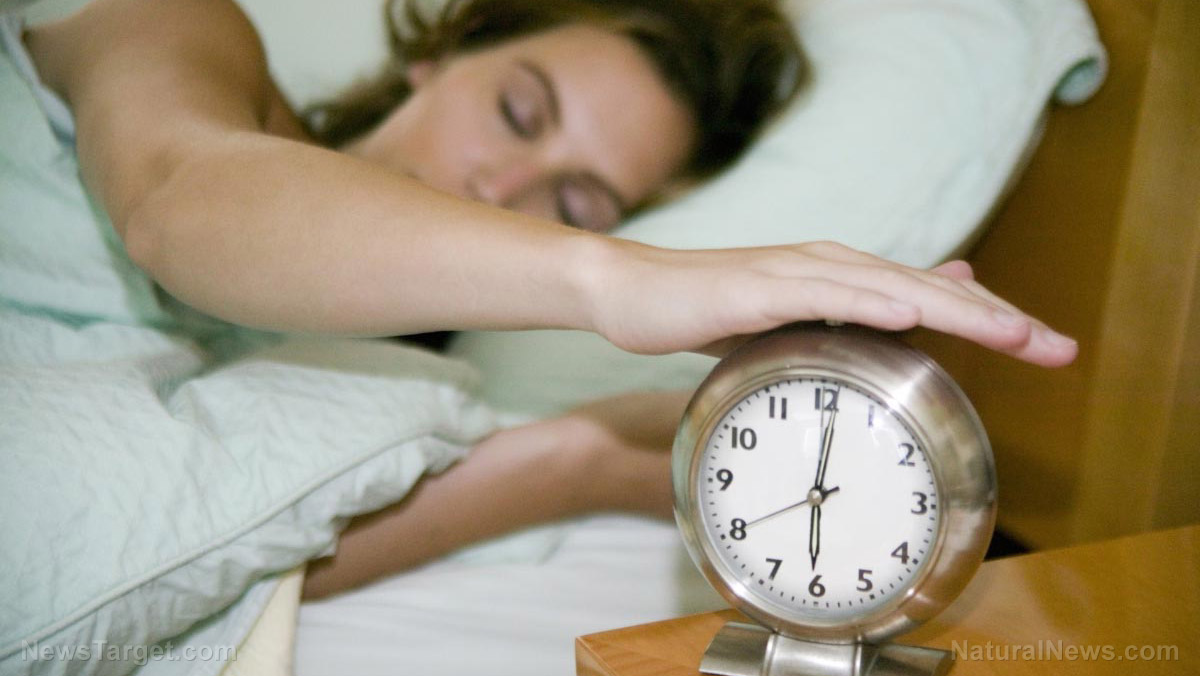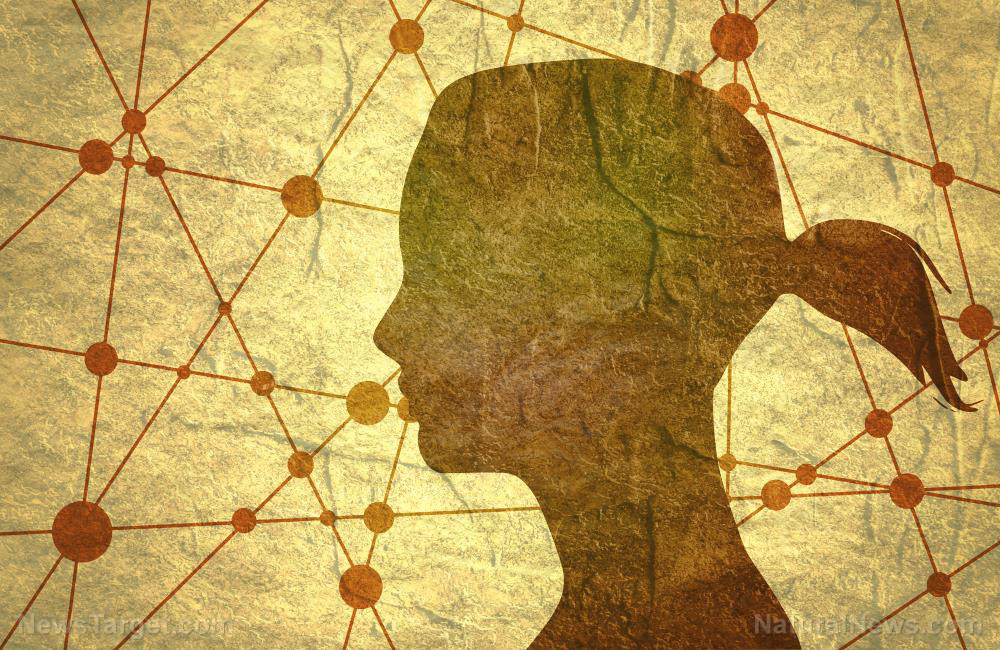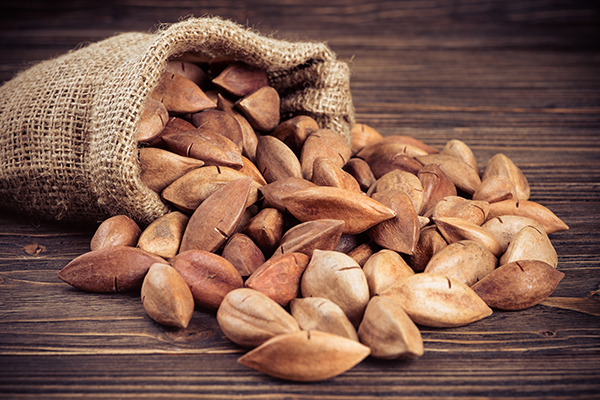Proper sleep hygiene is a must, since your body burns calories even in sleep
10/24/2019 / By Grace Olson

Exercise isn’t the only way to burn calories – sleeping is another. The body continues to perform the most basic functions to sustain life, even during sleep. To fuel these functions, the body burns calories for energy.
Sleeping and the body
Sleeping is a crucial part of a person’s day. As you sleep, the body performs maintenance, which includes removing aberrant cells, relaxing muscles, and tissue repair. On average, an adult needs seven to eight hours of sleep each night, something that not everyone achieves.
According to the American Sleep Association, around 35 percent of adults admitted to having less than seven hours of sleep each night, and up to 70 million Americans suffer from a sleep disorder.
Sleep loss has been associated with various health problems, including increased risk of cardiovascular disease, diabetes, and obesity.
“There’s a tremendous amount of evidence that shows if you’re not sleeping both from a quality and quantity standpoint you will gain weight,” explained sleep specialist Michael Breus, in an article for Insider.
Individuals opting for a healthier lifestyle often emphasize the need to exercise daily and to count the calories of the food they eat. It is rare, however, for people to place equal emphasis on sleeping.
Not getting enough sleep can influence the number of calories a person consumes the following day. Because a person can feel more sluggish and tired, sleep-deprived people also tend to be hungrier. The need to eat rises because the body needs more energy to keep working.
Getting enough sleep has the opposite effects. People who get a good night’s sleep usually feel less hungry and tired. Moreover, the better a person’s sleep is, the more calories they burn.
Calculating calories burned during sleep
To understand how sleeping can burn calories, it’s important to start with basal metabolism, a process that accounts for around 80 percent of all energy expenditure. Basal metabolism refers to the amount of energy that the body consumes to keep functioning, even at rest. This includes necessary processes like breathing, blood circulation, cellular growth, and cell repair.
Unsurprisingly, the body burns fewer calories when it is inactive. A person’s metabolic rate is slower by 15 percent when asleep than when awake.
BMR, or basal metabolic rate, refers to the number of calories burned in a day due to basal metabolism. While there are numerous factors that affect how many calories are burned, there is a simpler way to estimate a person’s BMR. Using the Harris-Benedict equation, a person only needs to know his height, weight, and age to get an estimate.
Tips for getting better sleep
It’s clear that sleep is a crucial factor in a person’s overall state of health. However, it’s often overlooked while people finish other pursuits, like meeting a deadline or finishing a TV series. In some cases, a person can sleep, but sleep quality is poor.
Still, there are factors for better sleep that are within a person’s control. Here are just some of the ways.
- Stick to a sleep schedule. This lets the body set into a pattern. (Related: Nature shows us how important circadian rhythm is to our overall well-being.)
- Avoid caffeine and other stimulants before bedtime. This decreases the difficulty of going to sleep.
- Adjust the sleeping environment. Keep it dark, calming, and cool.
- Don’t eat three hours before bedtime. This changes the body’s focus from maintenance to digestion.
- Do something relaxing before going to bed. It can be listening to music or taking a hot bath.
Read more about how proper rest and sleep is beneficial to the body at MindBodyScience.news.
Sources include:
Tagged Under: basal metabolic rate, basal metabolism, BMR, body maintenance, burn calories, exercise, good health, healthy living, mental health, sleep, sleep disorder, sleeping tips, weight gain, weight loss
RECENT NEWS & ARTICLES
COPYRIGHT © 2017 PREVENTDIABETES.NEWS
All content posted on this site is protected under Free Speech. PreventDiabetes.news is not responsible for content written by contributing authors. The information on this site is provided for educational and entertainment purposes only. It is not intended as a substitute for professional advice of any kind. PreventDiabetes.news assumes no responsibility for the use or misuse of this material. All trademarks, registered trademarks and service marks mentioned on this site are the property of their respective owners.



















